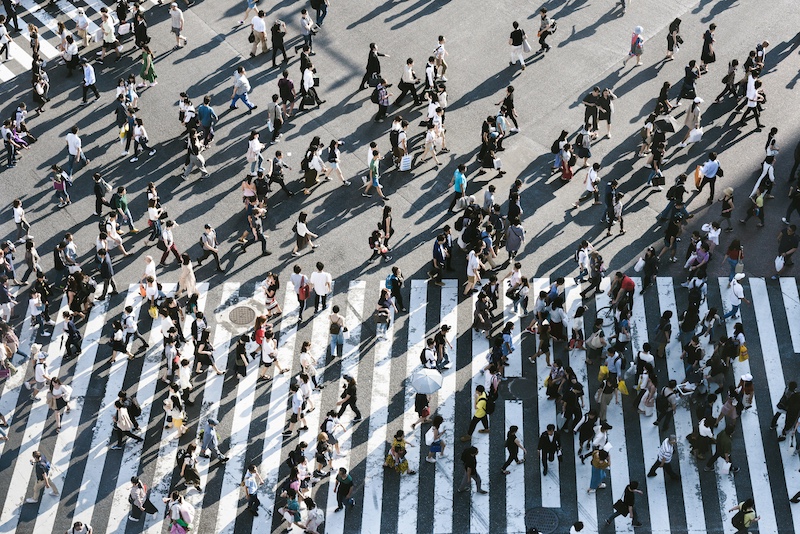The 7 Deadly Sins of Surviving a Heat Wave
The worst heat wave in human history is still frying the United Kingdom, and in all likelihood, it’s not an anomaly. Climate changes means this is almost definitely the new normal (until it gets worse), so let’s review how...
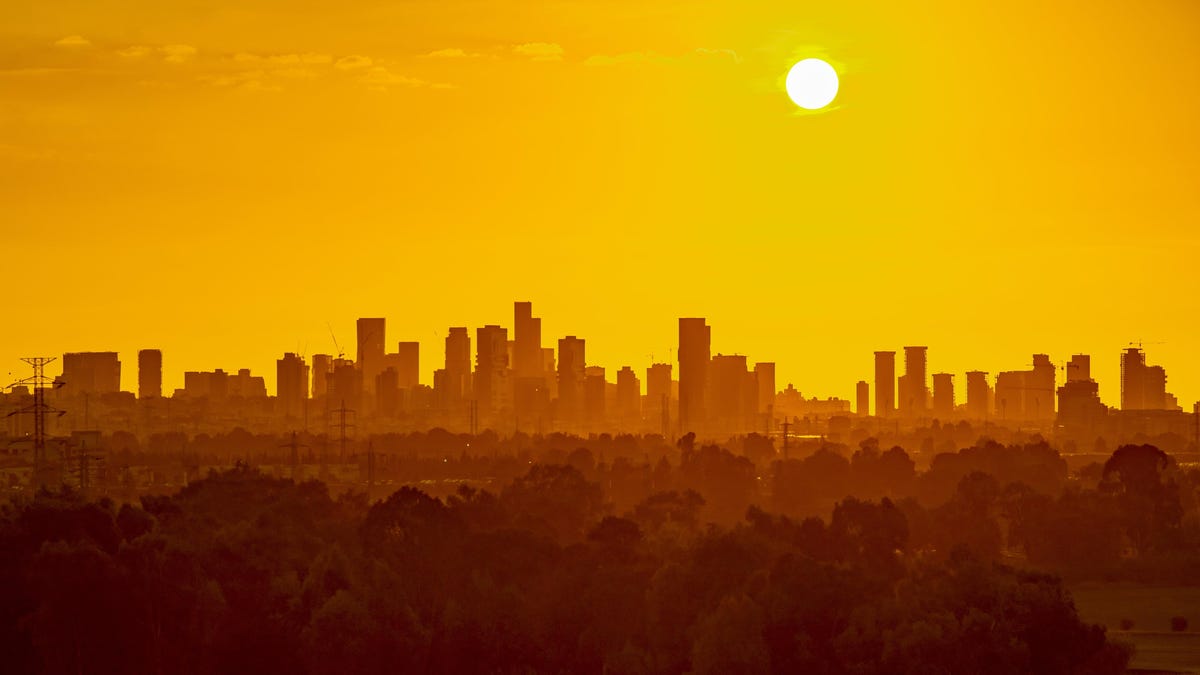

Photo: Eli Mordechai (Shutterstock)
The worst heat wave in human history is still frying the United Kingdom, and in all likelihood, it’s not an anomaly. Climate changes means this is almost definitely the new normal (until it gets worse), so let’s review how to keep cool—or at least not die—during a heat wave. There were over 1,500 heat-related deaths in America in 2021 alone, and many of them could have been prevented if people had avoided these seven deadly sins of dealing with extreme heat.
2 / 9
Not taking it seriously enough
Not taking it seriously enough

Photo: Ezzolo (Shutterstock)
The worst thing you can do during a heat wave is not take it seriously. Even young, healthy people can die from heat stroke, and no one is stronger than the unrelenting power of the terrible sun. So have a basic idea of how you’re going to keep cool when the temperature rises and keep up with weather reports so you know which days to stay inside in front of your air conditioner.
Not hydrating properly

Photo: fizkes (Shutterstock)
Keeping adequately hydrated during a heat wave comes down to a simple rule: Drink lots of fluids. But even though just about every human alive knows this already, countless people still suffer dehydration every summer.
The rough rule for how much water you need per day breaks down to between 1/2 an ounce and 1 ounce per pound of body weight, but it varies depending on the temperature, what you eat (lots of foods are high in water, like watermelon, for instance), how much you exercise, and your specific body.
Water is the the fluid-of-choice for hydration, but you can drink sports drinks, coffee, soft drinks, and juices as well. Just be wary of alcohol. There’s a debate about whether and how much alcohol dehydrates people, but to be on the safe side, stick to water. At the very least, pair each beer with an ice water.
If you’re not sure if you’re getting enough water, the color of your urine is a good indicator. The more clear your urine, the more hydrated you are. Dark urine is your body saying, “drink more fluids, ya dumbass.”
4 / 9
Exercising at the wrong time of day
Exercising at the wrong time of day

Photo: lassedesignen (Shutterstock)
The benefits of regular exercise are too numerous to list, but you have to take some precautions during the summer. Here’s a basic checklist to make exercise during a heatwave safer:
Check your weather forecasts and plan accordingly. Stick to workouts that are good for hot weather. Be cautious doing anything strenuous outside during the hottest part of the day. Try the morning or evening instead. Wear sunscreen. Hydrate before, during, and after your workout. Wear lightweight, loose-fitting clothing to help sweat evaporate. Know your fitness level. If you’re out-of-shape, you need to be extra cautious.5 / 9
Not knowing the signs of heat exhaustion and heat stroke
Not knowing the signs of heat exhaustion and heat stroke

Photo: Maridav (Shutterstock)
Heat exhaustion is our body’s response to the excessive loss of fluids and salts that comes with heavy sweating. It can lead to heat stroke, a more serious problem along the “too hot” continuum. People die of heat stroke fairly often.
Here are the heat exhaustion signs to look for:
Cool, moist skin with goose bumps when in the heatHeavy sweatingFaintnessDizzinessFatigueWeak, rapid pulseLow blood pressure upon standingMuscle crampsNauseaHeadacheIf you’re suffering from any of these things, move to a cool place, rest, and drink water or a sports drink. If you don’t start feeling better in around an hour, contact a medical professional.
Signs of heat stroke include confusion or agitation, loss of consciousness, and being unable to drink. Get medical attention immediately if you or anyone around you shows these signs.
6 / 9
Not cooling your home correctly
Not cooling your home correctly

Photo: Diego Cervo (Shutterstock)
Even people who have been dealing with hot summers their whole lives often aren’t cooling their home in the best way possible. Here are some tips for making your home less hellish during a hot spell.
Open windows strategically: Generally you should only open the windows if it’s colder outside than inside. If you can create a cross-breeze, this rule doesn’t apply, but in general, open the windows at night to let the cold air in, and close them in the morning to keep the hot air out. Insulation: It’s not just for keeping the cold out in the winter. Protect your home from the sun: Keep your curtains/blinds closed during the day. Trees and awnings can help too. Don’t add heat from appliances: Don’t do any baking, and keep cooking to a minimum. Don’t run your dryer or other appliances that produce heat during the day. Don’t leave the doors open: What are you trying to do, cool the neighborhood?Cool a smaller space: Depending on the layout of your house, you might be able to get away with only chilling a single room. Cool yourself: Taking a cold shower or wrapping a wet towel around your neck is much easier than cooling your whole place. Use fans correctly: Fans don’t cool the air; they just circulate the hot air, but they’re still a vital home-cooling tool. If you place a fan in front of a window air conditioner, it can blow cool air wherever you point it. You can point a fan out a window at night to blow the hot air out of your house, and use a second fan in another window to suck cold air in. Change the sheets on your bed: Think lightweight fabrics that are white. This actually makes a huge difference. Air conditioner maintenance: Change or clean your air conditioner’s filters and make sure it’s working properly before the heatwave hits.7 / 9
Wearing the wrong clothes
Wearing the wrong clothes

Photo: RealPeopleStudio (Shutterstock)
The best kind of clothing to wear outside during heat spells is lightweight, light-colored clothing made of cotton or linen. Stay away from manmade fabrics, as they don’t “breathe” like natural ones. Cover as much of your skin as possible to protect it from the sun, and don’t forget a wide-brimmed hat and some sunscreen for the parts of you that are exposed. If you’re staying home, don’t wear any clothing; or wear as little as possible, anyway.
8 / 9
Not checking in on vulnerable people
Not checking in on vulnerable people

Photo: CGN089 (Shutterstock)
We live in a society, and you have an obligation to help the vulnerable members of it. When it comes to extreme heat, that means the elderly, children, and people with health problems. If that describes anyone you’re even acquainted with, give ‘em a call and check in. Make sure they have a cool place to go, are drinking enough water, and are aware of the signs of heat-related health problems. Even if you’re not close, what better excuse is there for knocking on your shut-in neighbor’s door?

 JaneWalter
JaneWalter 








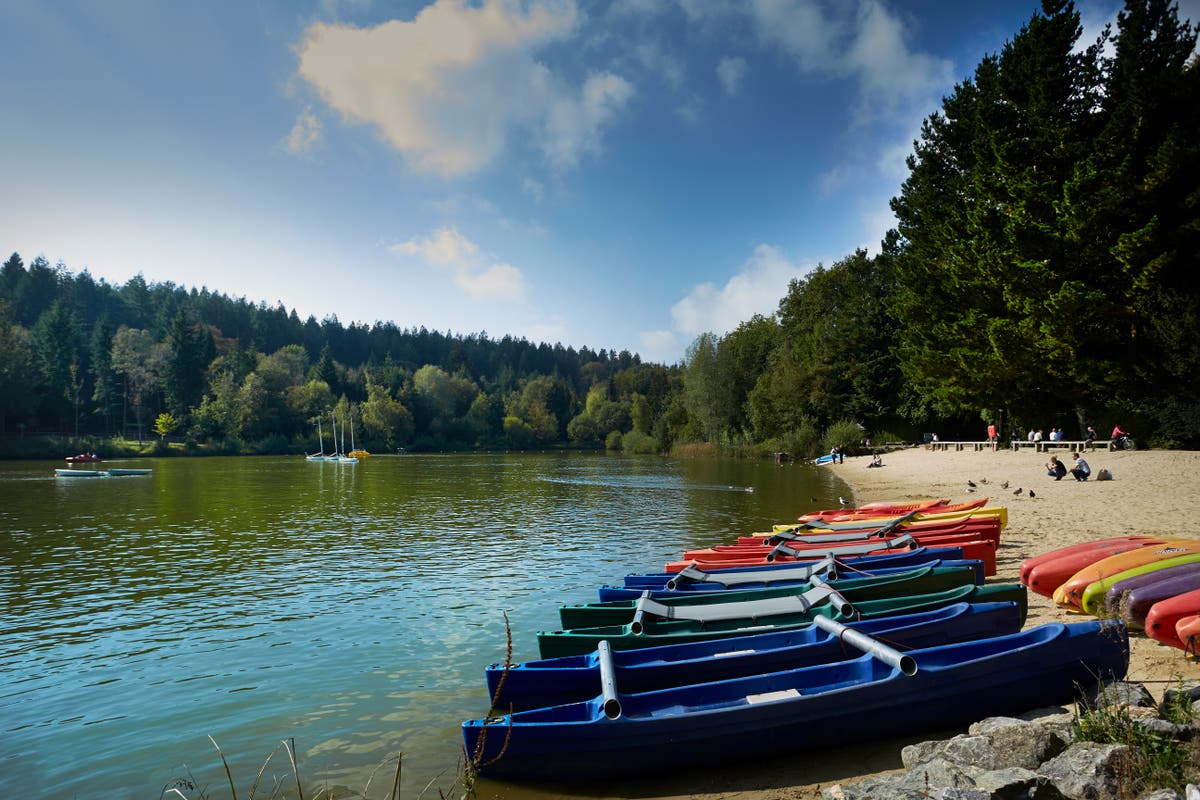


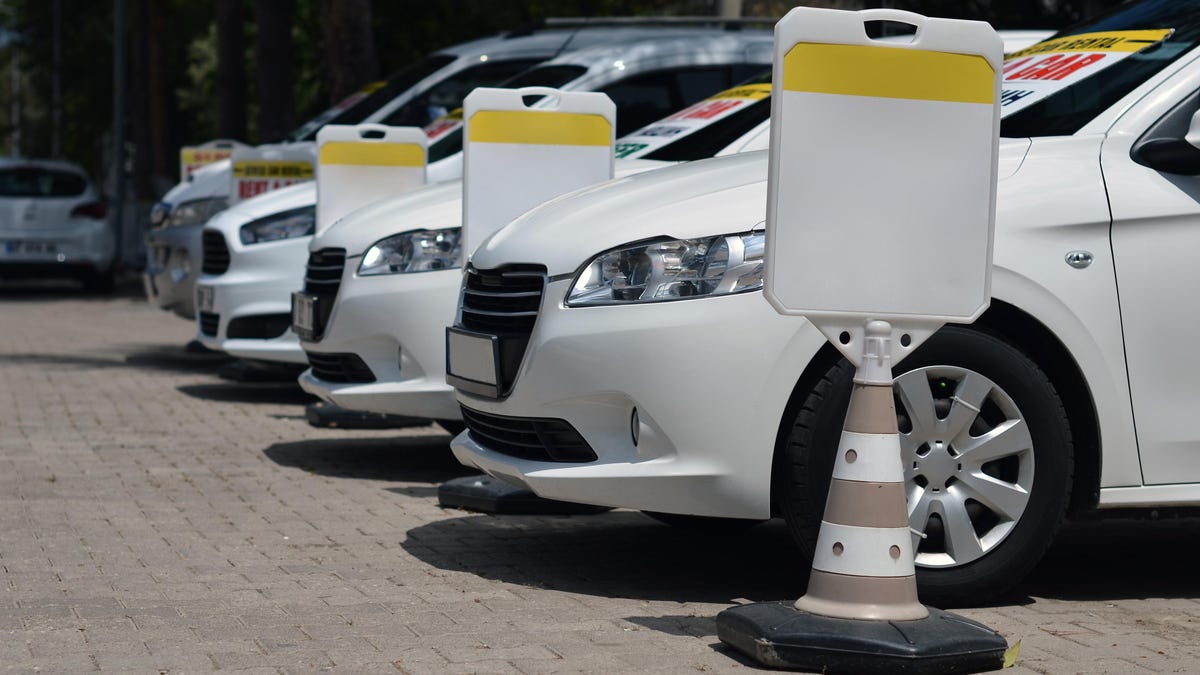
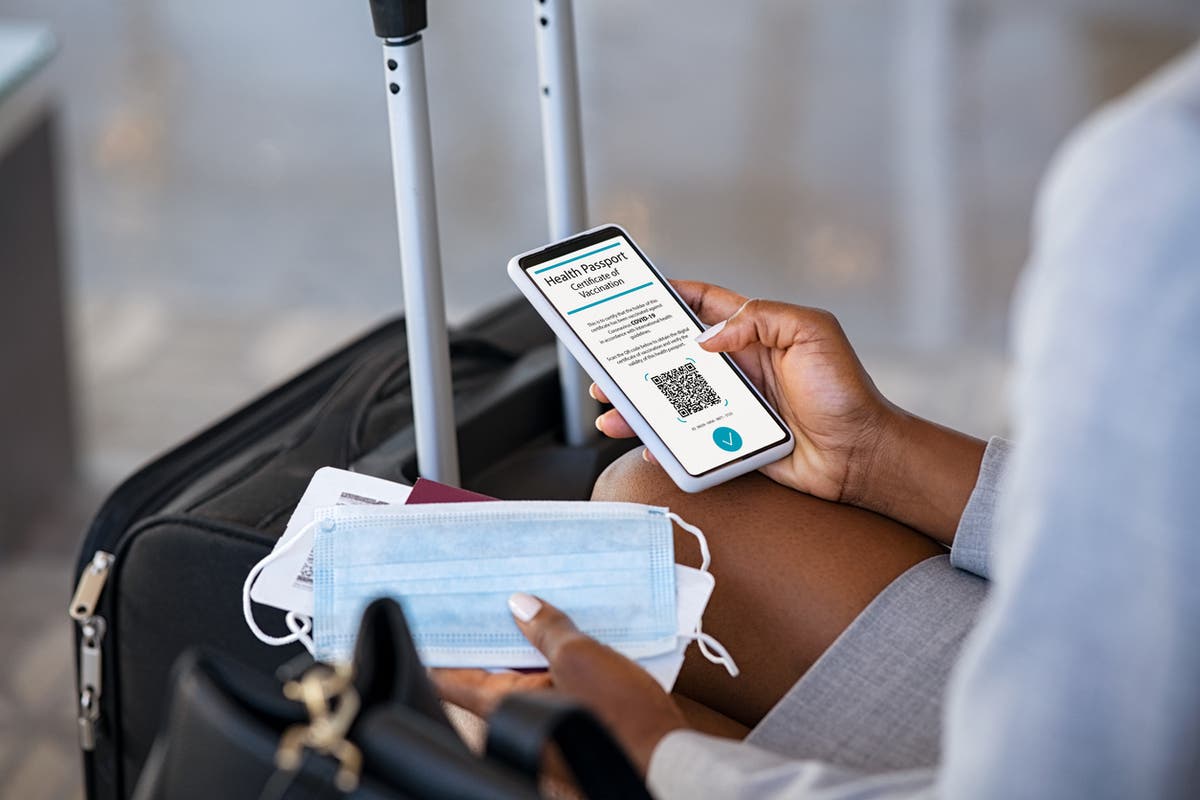












![Are You Still Optimizing for Rankings? AI Search May Not Care. [Webinar] via @sejournal, @hethr_campbell](https://www.searchenginejournal.com/wp-content/uploads/2025/06/1-1-307.png)



